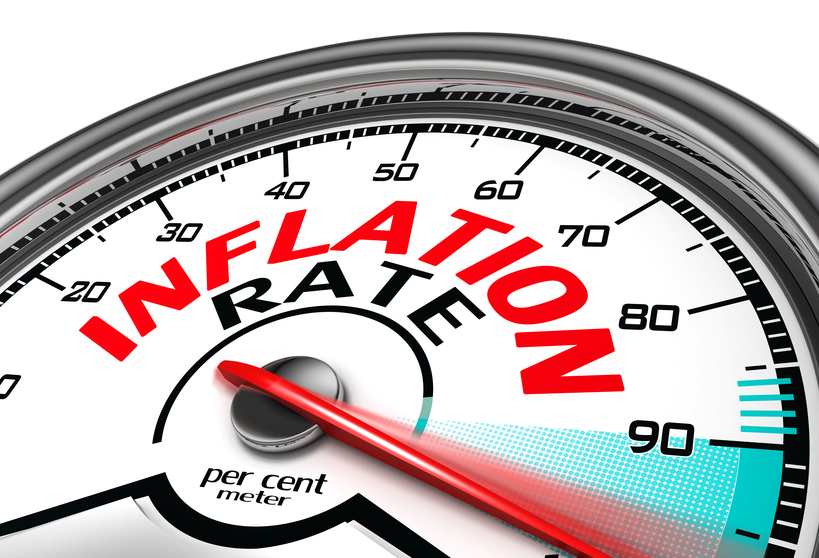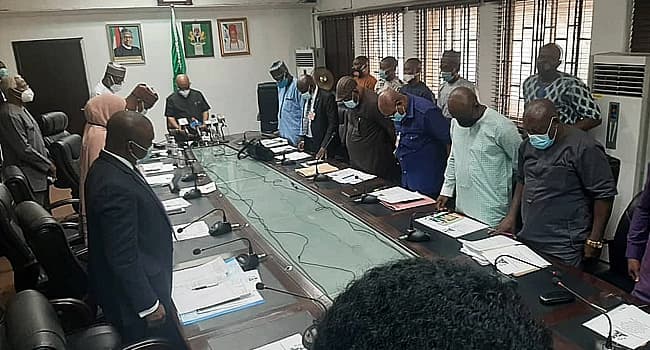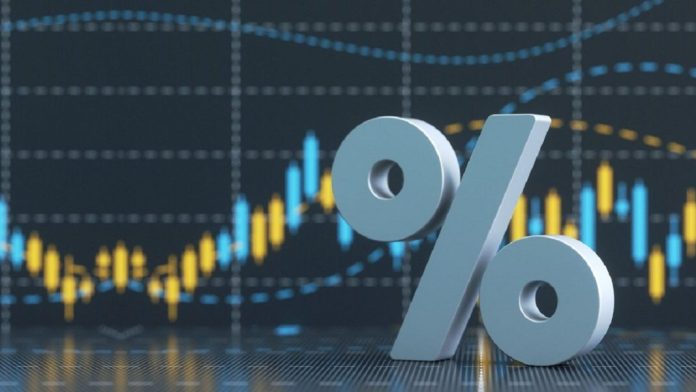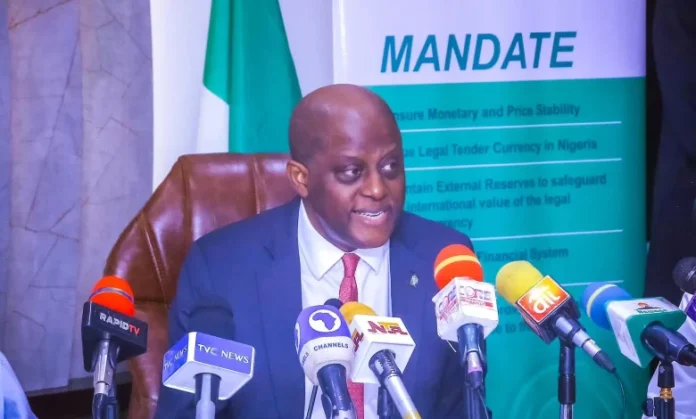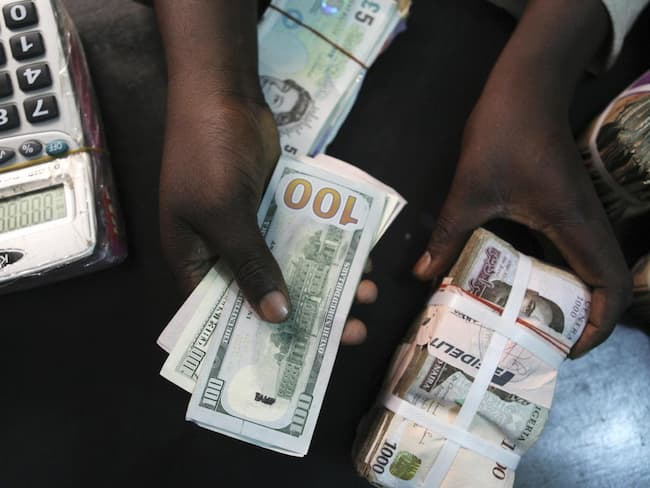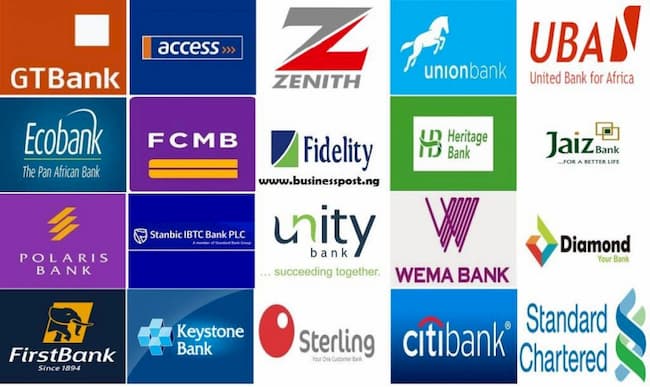Trading on the Nigerian Exchange (NGX) closed marginally positive on Wednesday as investors slowed down on bargain hunting despite the release of third-quarter corporate earnings reports.
The All-Share Index (ASI) inched up by 0.02% to close at 147,742.22 points, maintaining a year-to-date return of 43.54%. The modest gain was driven largely by price appreciation in select medium and small-cap stocks, indicating cautious optimism among market participants.
Consequently, the market capitalization advanced by ₦19.84 billion, reaching ₦93.78 trillion. This performance reflects sustained investor confidence in Nigeria’s equity market fundamentals, even as trading momentum weakened across major indicators. Market breadth remained positive, with 33 advancing stocks outpacing 27 decliners, producing a 1.2x breadth ratio.
However, trading activity declined across the board. Total volume of transactions dropped by 21.41% to 389.11 million shares, while the total value of trades decreased by 28.02% to ₦12.48 billion. The number of deals executed also fell by 10.25% to 23,017, reflecting reduced market participation and smaller transaction sizes.
Fidelity Bank (FIDELITYBK) dominated the volume chart, accounting for 12.13% of total trades. It was followed by Chams (CHAMS) with 6.41%, Zenith Bank (ZENITHBANK) with 5.39%, Access Holdings (ACCESSCORP) with 4.97%, and First Holdco (FIRSTHOLDCO) with 4.29%.
In terms of value, Zenith Bank emerged as the most actively traded stock, representing 11.56% of the total transaction value on the exchange.
ROYALEX topped the gainers’ chart, appreciating by 7.37%, followed by INTENEGINS (+6.05%), Julius Berger (+5.51%), Omatek (+4.90%), Daar Communications (+4.76%), and Vitafoam (+4.32%).
On the losers’ list, TRIPPLEG recorded the highest decline at -9.91%, trailed by UACN (-6.46%), Ellah Lakes (-4.66%), Honeywell Flour (-3.49%), Wema Bank (-3.16%), and Dangote Sugar (-0.50%).
Blue-chip stocks such as International Breweries (+1.72%), Stanbic IBTC (+1.61%), and Transcorp (+4.19%) provided upward momentum that outweighed losses in Nigerian Breweries (-1.67%) and GTCO (-0.64%).
Overall, the market closed with 32 gainers and 27 losers, reflecting a mildly bullish sentiment.
Sectoral performance was mixed — Consumer Goods (+0.09%), Industrial (+0.08%), and Oil & Gas (+0.09%) sectors recorded modest gains, while Banking (-0.15%) and Insurance (-0.13%) closed in the red. The Commodity sector remained flat.
Market analysts say the slight uptrend suggests investors are adopting a “wait-and-see” approach ahead of upcoming policy announcements and further corporate disclosures.












